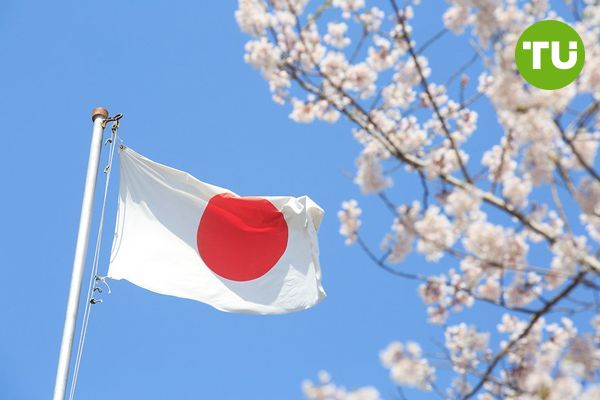Japan bond yield peaks at 0.685% as yen hits 15-year low against dollar
 Weak yen raises inflation concerns, signals potential policy shift by Bank of Japan
Weak yen raises inflation concerns, signals potential policy shift by Bank of Japan
Japan’s bond market is stirring up fresh expectations of a rate hike from the Bank of Japan (BoJ), as bond yields surge to multi-year highs and the yen continues to lose ground against the dollar.
On Wednesday, Japan’s five-year government bond yield reached 0.685%, its highest level in 15 years, before slightly easing to 0.68%. This yield rise has mirrored increases in U.S. Treasury yields and has been intensified by a weakening yen, which recently fell to 154.94 against the dollar—its lowest since July.
The yen’s sharp decline has raised concerns over import costs, which are already placing inflationary pressures on Japanese households. As the yen weakens, it drives up the cost of imported goods, further boosting domestic prices and keeping inflation uncomfortably high. In response, market speculation is mounting that the BoJ might consider a rate hike to stabilize the yen and offset rising costs of living.
Finance minister calls for “Neutral” rate to stabilize Yen
Senior strategist Katsutoshi Inadome of Sumitomo Mitsui Trust Asset Management observed that the weak yen has heightened bets on a policy shift by the BoJ. The BoJ’s current short-term policy rate sits at just 0.25%, far below levels that could stabilize the yen.
Yet Takeshi Shina, Japan’s shadow finance minister, argues this rate is too low to control inflation driven by yen depreciation. He suggests a gradual increase up to 1% to bring Japan closer to what he calls a “neutral” rate, which he believes would curb the yen’s decline without overstressing Japan’s economy.
He also points out that the yen’s fall has been fueled by a growing rate gap between Japan and the U.S. where higher yields reflect expectations of more U.S. rate hikes. The BoJ’s past commitment to ultra-low rates, largely to boost domestic lending, now risks backfiring as the weaker yen drives up import prices and erodes real wages. As bond yields rise across Japan’s fixed-income market, Japan’s leaders are left to consider the costs of inaction.
Japan’s latest M2 Money Stock data for October proved to be weaker than anticipated, adding to the yen’s subdued performance. The currency pair remains within a three-week range, held between 151.70 and 155.00













































































































































